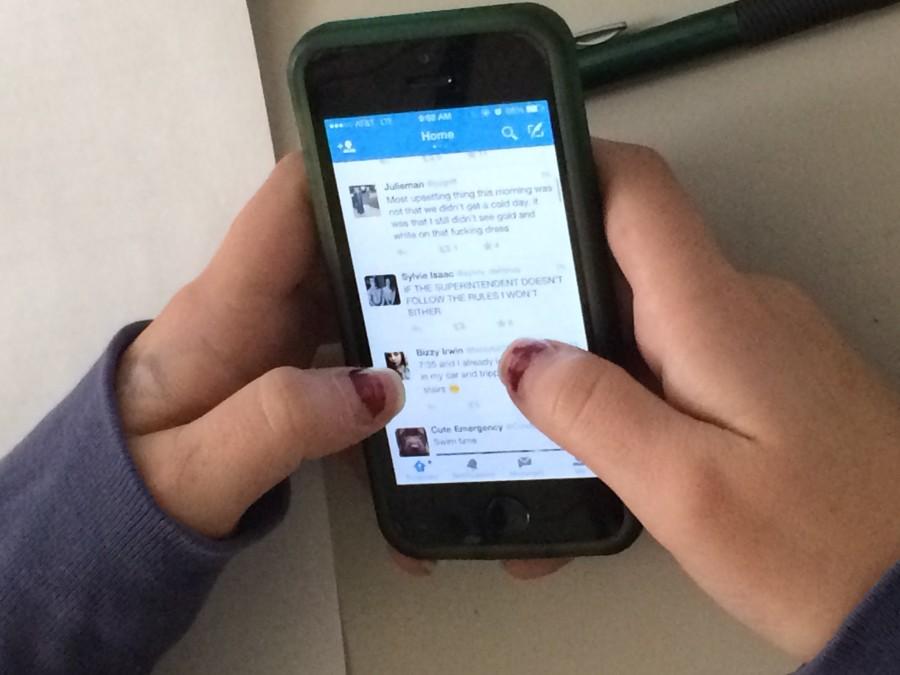Responsibility and Respect
Today, it is increasingly obvious that social media has the power to change lives overnight — often for the worse. A tweet in poor taste, an insensitive photo or even a single comment, if picked out from a social media website and diffused, can lead to the original poster getting not only fired from their day job, but ridiculed indefinitely.
Certainly, people need to take significant caution when using Twitter or similar social media sites; the dangers of social media are well established. If your tweet or photo would offend your grandmother, it is a bad idea to follow through with it. When an offensive post becomes infamous, the original poster should have known better. They must take responsibility for their mistake, and understand that there will be consequences.
With that in mind, the consequences that the Internet deems appropriate are all too frequently overblown. Once someone discovers a poorly-considered tweet, the resulting shame and humiliation can be relentless. It often results in a lost job, media coverage for a long period of time and permanent damage to career opportunities, social and familial relations, mental health and self-esteem. Such resulting consequences, no matter how offensive the original post was, are too extreme. People deserve consequences, but not consequences that ruin their lives.
The case of Lindsey Stone is an appropriate example. Stone, in the Arlington National Cemetery’s Tomb of the Unknowns, pretended to freak out in front of a sign calling for “silence and respect.” Stone intended to mock the sign as part of an inside joke, but it appeared that she was intentionally disrespecting the dead. This was an extraordinarily poor decision on Stone’s part. Her consequences, however, were disastrous. The fact that Stone had worked to assist developmentally disabled adults indicates that she was likely performing good deeds. Yet she was fired from her job, suffered from depression and PTSD and still lives largely in fear.
Furthermore, there is a highly arbitrary element as to whom the Internet shames. Undoubtedly, social media sites contain countless offensive, tasteless or prejudiced posts. Most likely, any of these posts would unleash the wrath of Internet users. It is simply bad luck when one of these posts actually surfaces. To be sure, these posts never should have existed in the first place. However, the fact that only a select few people do invoke this wrath does not mean that they alone deserve the consequences.
There is a hypocritical aspect of the shamers, as well. While eviscerating the object of shame, many commenters — typically anonymous — will make a violent, vulgar or all-around tasteless comment that is at least as offensive as whatever the shamed did. Death threats, which are not uncommon in the circles of anonymous commenting, are never appropriate, and could easily get someone in as much trouble as the original post. Internet anonymity brings out the worst in people, and for this reason can be just as dangerous as social media itself.
This is not to say that social media is evil; it has abilities and qualities that redeem it to a certain extent. On the other hand, both the posters and the observers must respect its dangers. Before posting, people must thoroughly consider whether their post will offend someone. Before tearing into an offensive tweet, people must try to see the tweeter as a human.










